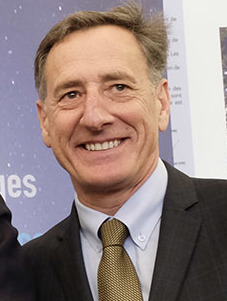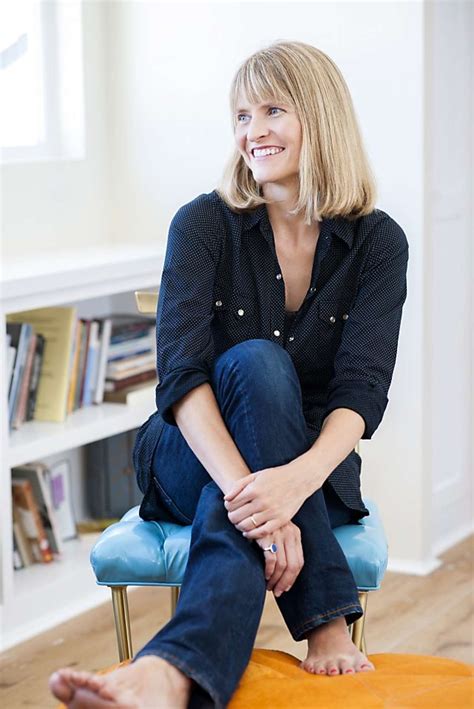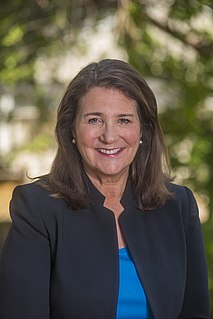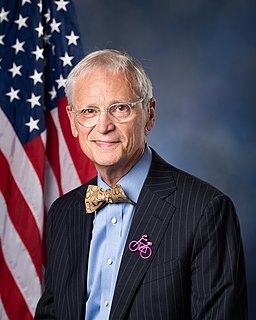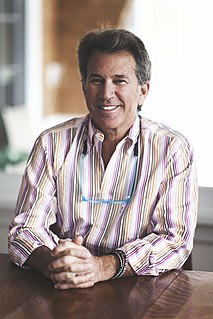A Quote by Mike Pompeo
Through a voluntary national certification program, SAFLA will create uniform rules and definitions for foods carrying a GMO-free label, allowing consumers to understand and identify those products that fit their food preferences.
Related Quotes
Consumers will purchase high quality products even if they are expensive, or in other words, even if there are slightly reasonable discount offers, consumers will not purchase products unless they truly understand and are satisfied with the quality. Also, product appeal must be properly communicated to consumers, but advertisements that are pushed on consumers are gradually losing their effect, and we have to take the approach that encourages consumers to retrieve information at their own will.
I think for diners, it is about crafting an identity around food which we have not really had in a mainstream way in this country. So there is a mass movement of people who identify themselves through their food preferences or even just that they prioritize food - that's where we get this idea of being a foodie.
Individual companies now have the voluntary responsibility of recalling their own products. While many companies have acted properly and swiftly to recall contaminated goods, the delay between the identification of tainted foods and the company's decision to recall those foods leads to the needless sickness of too many Americans.
Now, I’m not saying that we don’t need rules in society. But the question of who makes the rules and on what basis becomes supremely important. Will the rule-making flow from the matrix of voluntary exchange based on the ethic of serving others through private enterprise? Or will the rules be made and enforced by people wearing guns and bulletproof vests with a license to shock or kill based on minor annoyances?
Genetically modified organism (GMO) foods are feared and hated by environmentalists and the public alike. Yet the scientific assessment of GMOs is remarkably different. Every major scientific evaluation of GMO technology has concluded that GMOs are safe for human consumption and are a benefit to the environment.
The vision behind our idea is a world where people don't carry hazardous chemicals in their bodies, the environment is free of toxic pollutants, and the economy diligently conserves its natural resources for consumers and future generations. We want to make it easier for consumers to create this world through their purchasing decisions and everyday activities.




